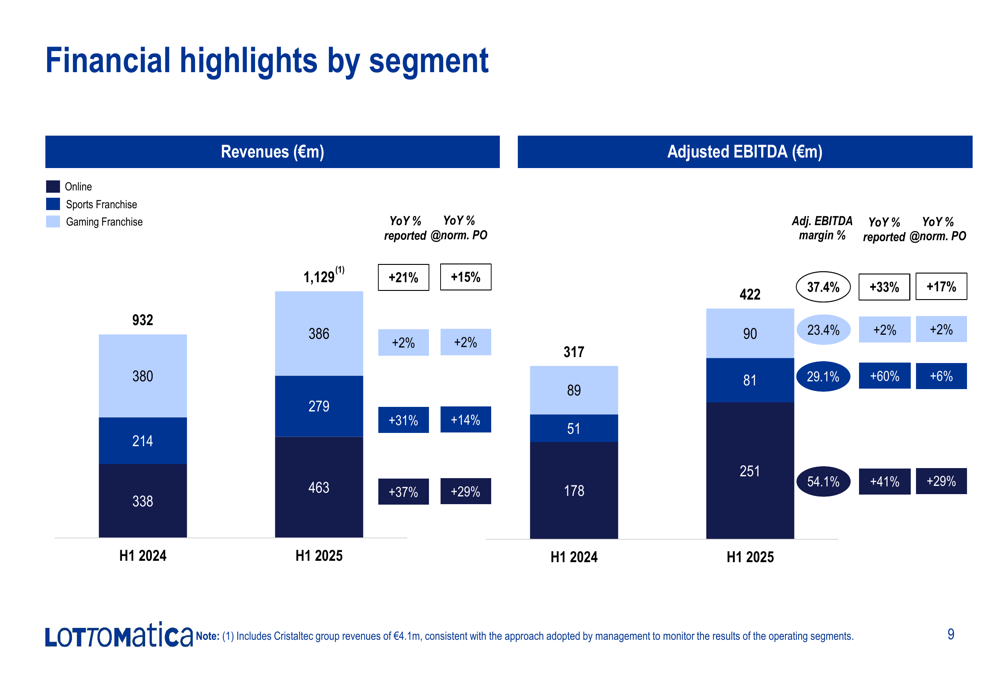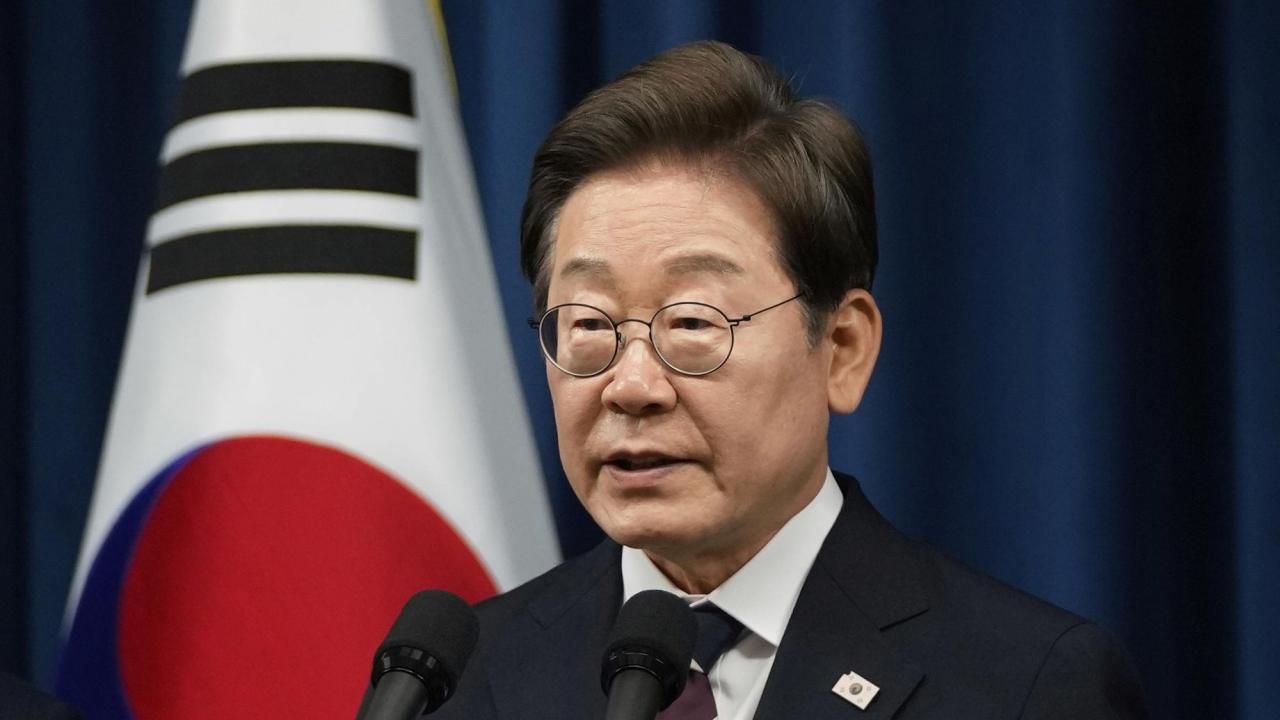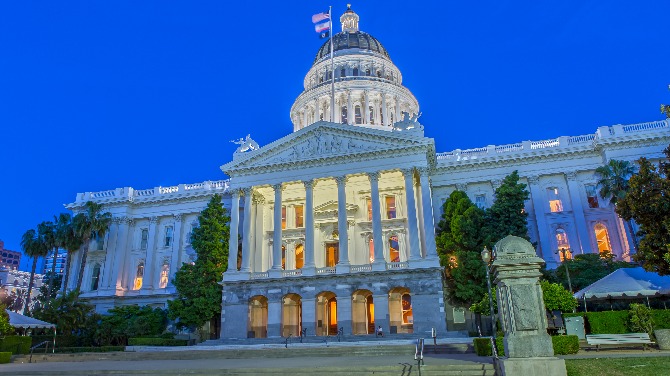Because it’s not just about bringing in new users, but about keeping them engaged and making betting a routine activity.
Sports betting in South Africa has become mainstream. Data shows it’s no longer just about punting. The story now is about influence, reach, and targeted marketing.
For the 12 months ending March 2025, gambling and sports betting brands in South Africa spent a total of R2.6 billion on advertising.
This amount is higher than ad spending from many of the country’s traditional large sectors, such as telecommunications, during this period.
The main source of this spending? Sports betting bookmakers. Hollywood Bets, Betway, and World Sports Betting surpassed casino-based advertisers in total advertising spend.
Hollywood Bets alone invested more than R775 million in advertising during the latest financial year. Betway reported R342 million. World Sports Betting’s spending was just under R140 million.
These three brands, together, spent almost R1.3 billion. This number shows how tough and competitive the market is. The financial data reflects a highly aggressive business climate
In fact, sports betting companies now cover more than 60% of all advertising spend in the gambling category.
Casino and lottery operators like Opulen Gaming and Ithuba Holdings, which runs the national lottery, also allocated significant amounts—R400 million and R263 million respectively. However, digital-focused, mobile-first betting brands now show the strongest performance, aiming for high reach and memorable brands across digital channels.
But the main insight appears when you look behind the headline amounts. Within media buying, discounts are common. By using a 50% average discount, the real net spend is about R1.3 billion. Even this reduced number signals how determined betting brands are to establish regular engagement with customers.
Crucially, digital advertising now absorbs a big part of the budget.
Detailed breakdowns are not public, but industry estimates suggest 35% to 50% of the R2.6 billion was devoted to digital media. Spending included programmatic display, paid social, search ads, influencer marketing, and promotions for betting apps.
That means over R900 million probably went to online media, showing a shift away from traditional TV and print, and a focus on precise mobile targeting.
Why is spending so high? The sector shows fast growth. Comparing 2024 to 2023, the industry grew, revealing greater consumer demand and more room from regulators.
In South Africa, young men in urban areas are now adding sports betting to their entertainment. Betting brands respond with bigger investments in ads, sponsorships, and quick mobile betting.
There is a clear fight for brand dominance. When users can switch brands easily, being memorable is crucial.
That’s why budgets grow: retaining and forming long-term habits matter as much as attracting people.
Still, some worry about negative effects. Critics say heavy gambling promotion can bring social problems, especially during economic hardship for many South Africans.
For now, the battle in sports betting advertising is only intensifying.
Whether this is seen as an economic opening or a social risk, one thing is clear — betting brands are investing big in South Africa. At present, market trends appear to favor them.

 Companies
Companies 





